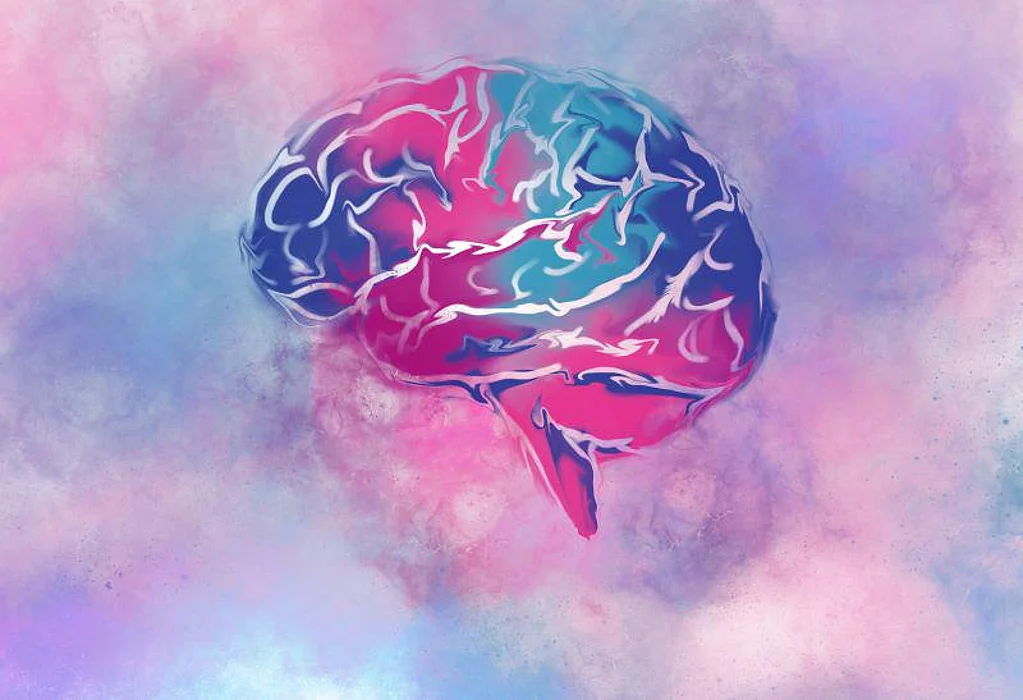Deep Brain Stimulation May Ease Symptoms of Severe OCD

WEDNESDAY, Oct. 5, 2022 (HealthDay News) -- Deep brain stimulation (DBS) may reduce symptoms in patients with treatment-resistant obsessive-compulsive disorder, according to a systematic review and meta-analysis published online Sept. 20 in the Journal of Neurology, Neurosurgery & Psychiatry.
Ron Gadot, from the Baylor College of Medicine in Houston, and colleagues examined current evidence on the efficacy of DBS in alleviating OCD and comorbid depressive symptoms. Studies reporting primary data on multiple patients who received DBS therapy with outcomes reported through the Yale-Brown Obsessive-Compulsive Scale (Y-BOCS) were included. Data were reviewed from 34 studies from 2005 to 2021, including nine randomized controlled trials (RCTs) with 97 patients and 25 non-RCTs with 255 patients.
The researchers found a 47 percent reduction in Y-BOCS scores in the random-effects model, with no significant difference between RCTs and non-RCTs. Sixty-six percent of patients were full responders to DBS therapy at last follow-up. A low likelihood of small study effect bias was seen in reported outcomes in sensitivity analyses. In a secondary analysis, there was a one standardized effect size (Hedges' g) reduction in depressive scale symptoms.
"Our findings support DBS as an effective treatment for treatment-resistant obsessive-compulsive disorder, and the average appropriately selected patient will experience OCD symptom reduction of about 50 percent," the authors write. "Future crossover RCTs should aim to consistently include washout periods between active and sham stimulation periods, while observational and open-label clinical studies should aim to minimize potential confounders of treatment response and maintain longer follow-up protocols."
Two authors disclosed financial ties to the pharmaceutical and health care industries.
Abstract/Full Text (subscription or payment may be required)
Related Posts
Los casos de tuberculosis aumentaron en EE. UU. en 2022, según los CDC
JUEVES, 23 de marzo de 2023 (HealthDay News) -- Los casos de tuberculosis (TB)...
Doctors Devise Safer Alternative to Opioids During, After Surgeries
THURSDAY, April 28, 2022 (HealthDay News) -- It's been slightly more than a year...
1 in 3 People Now Exposed to a Harmful Pesticide
THURSDAY, Feb. 10, 2022 (HealthDay News) -- One in three Americans is exposed to...
Pfizer Vaccine 90% Effective Against Severe COVID-19 for at Least 6 Months: Study
TUESDAY, Oct. 5, 2021 (HealthDay News) -- Full vaccination with the two-dose...
